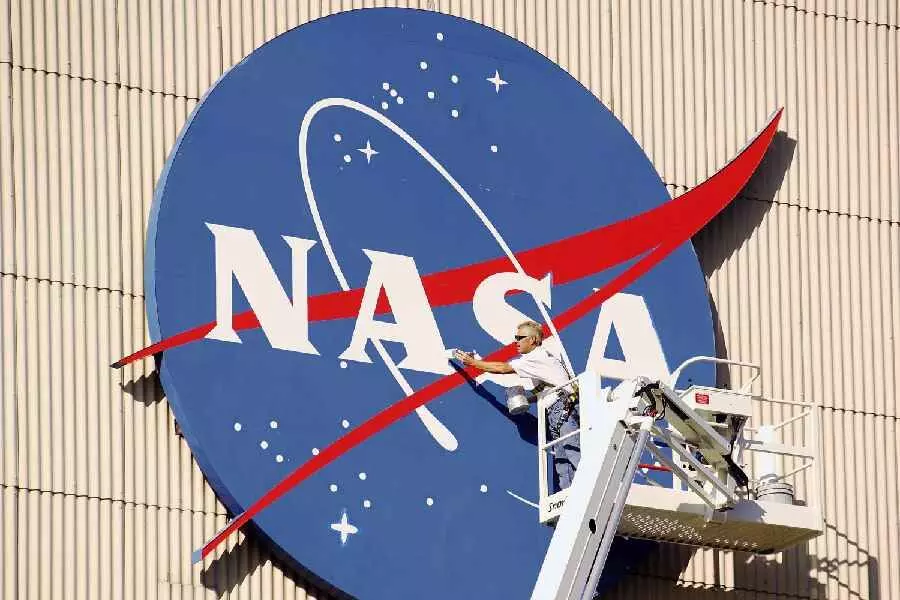NASA Opens "Power to Explore" Essay Contest for U.S. Students to Design Nuclear-Powered Mission to the Moon
NASA, Power to Explore, Essay Contest, U.S. Students, Nuclear-Powered Mission, Radioisotope Power Systems, Space Exploration, Future Engineers, NASA Tournament Lab,
image for illustrative purpose

NASA has opened entries for the fourth annual “Power to Explore” student challenge, a competition for U.S. students from kindergarten through 12th grade. This writing contest encourages young participants to design a nuclear-powered mission to a moon of their choice within the solar system, exploring how NASA’s radioisotope power systems enable deep-space exploration.
Managed by Future Engineers and the NASA Tournament Lab, the contest invites students to submit a 275-word essay detailing their mission goals, chosen moon, and a unique skill they bring to the project.
The competition, part of NASA’s Science Mission Directorate’s Radioisotope Power Systems Program, aims to introduce students to the role of nuclear power in space exploration. Entries, due by January 31, 2025, will be judged across three grade categories: K-4, 5-8, and 9-12.
Winners in each category will receive a trip to NASA’s Glenn Research Center in Cleveland to witness the technology behind NASA’s space missions. NASA and Future Engineers are also seeking volunteer judges to review entries.
Interested individuals, aged 18 and older, may register on the Future Engineers website to participate in this educational initiative. The “Power to Explore” student challenge provides an opportunity for young minds to engage with science, technology, engineering, and mathematics (STEM) by imagining their own mission to a distant moon, guided by the use of radioisotope power systems.

